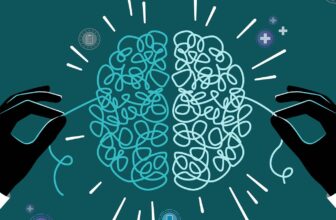What is Relationship Between Psychology, Law, and Criminology?
Relationship Between Psychology, Law and Criminology:
Psychology and criminal justice system have together formed forensic psychology. The objective of forensic psychology is to understand criminal law in relevant case verdicts to deal properly with judges, attorneys and other legal persons. Forensic psychology helps to understand legal lexicon, ability to give testimony in court, providing meaningful information to legal personnel.
A forensic psychologist can be trained in clinical, social, organizational or any other branch of psychology. Forensic Psychologists work as experts in particular jurisdiction. The experience and reputation of a forensic psychologist increases with the number of jurisdictions in which he works as an expert.
A defendant must have the capacity to stand trial and understand legal language. Forensic psychologists .-e supposed to check this, not ask psychological questions. The state of mind of the defendant at the time of crime is also evaluated by the psychologist. This is referred to as evaluation of his sanity during the time of offense. This needs converting psychological information into legal framework.
The judge might request these psychologists to provide recommendations regarding sentencing, treatment, and any other information such as mitigating factors, assessment of future risk, and evaluation of witness credibility. Other functions of a forensic psychologist are training, evaluating police and other law enforcers with criminal profiles and other people working with the police department.
Forensic psychologists work with public defender, the states attorney, and private attorney as well as with jury selection. The information gathered from the researches have been very beneficial in the legal system in the process of getting justice.



